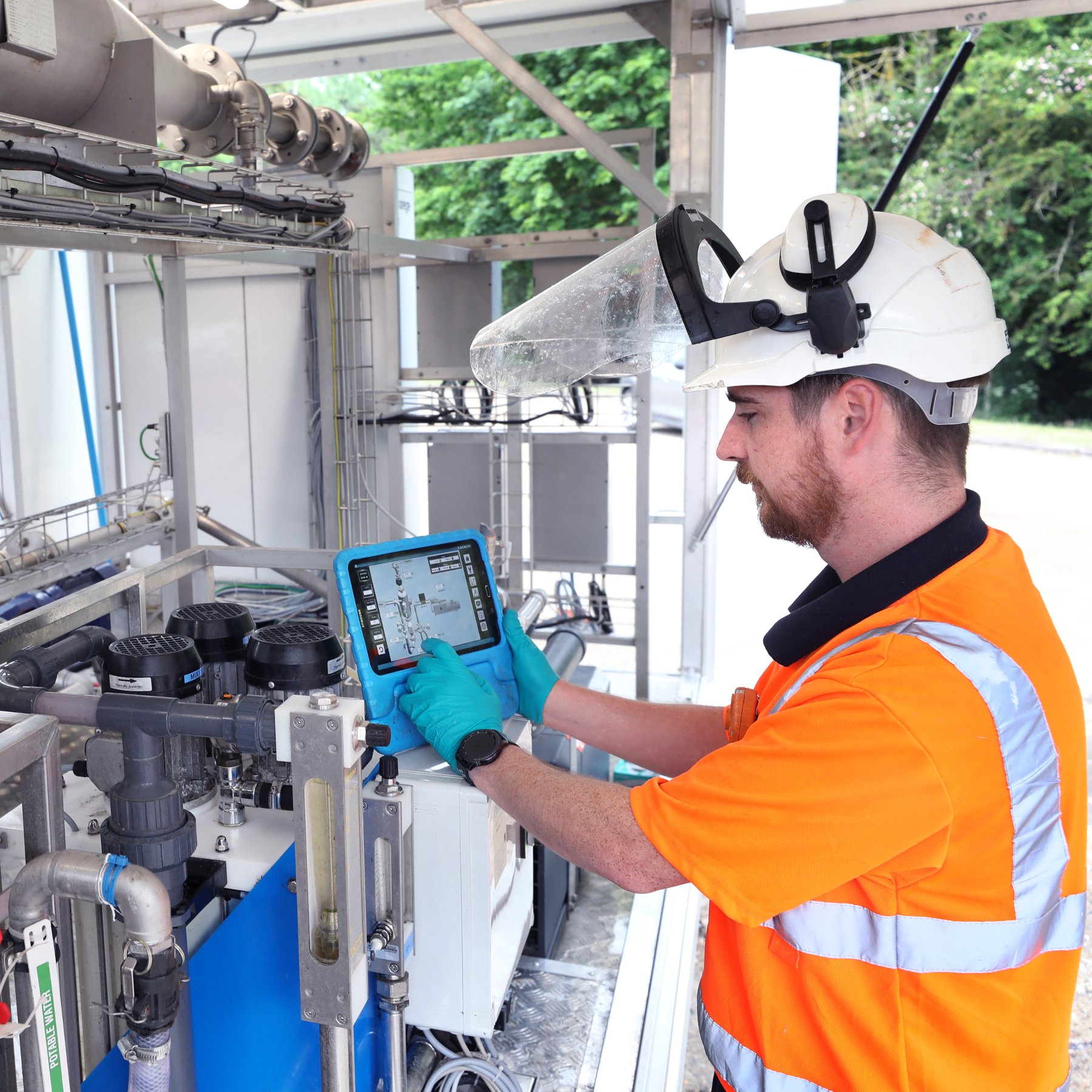A positive difference
Our responsible investment approach is closely aligned with the United Nations Global Compact and the United Nations-supported Principles for Responsible Investment, to which IFM has been a signatory since 2008.*
As an institutional investor, we have a fiduciary duty to maximise returns over the long term for the benefit of our clients.
We also know that fulfilling this duty – now and in the future – depends on the health of the environment and economy in which we invest and operate.
* The Principles for Responsible Investment is a United Nations-supported international network of asset managers, asset owners and service providers working together to promote and implement six aspirational ESG principles. The PRI’s annual assessment process scores and benchmarks signatories’ responsible investment governance and processes against its principles and other signatories.
Focused on the long term

Environment
We embed environmental considerations across our investment activities.

Social
We place working people at the heart of everything we do.

Governance
We believe good governance and transparency supports rigour and accountability.

Advocacy and collaboration
We actively promote responsible investment practices and sustainable business principles.
“As responsible long-term investors, we recognise that we have a role to play in supporting the broader environmental, social and economic systems that we depend upon for our portfolios to prosper.”


IFM at COP28
IFM Investors was privileged to be attend this global gathering to play our part in unlocking opportunities for the kind of cohesive global action that a successful COP can bring about.

Environment, Social and Governance policy
Our Environment, Social and Governance policy outline principles that our investment teams adhere to when investing.
Our investment teams’ responsible investment approaches are tailored to specific strategies, reflecting materiality and the degree of influence we have as owners. And every team works closely with our standalone Sustainable Investment team to align practices to the policy.
Find out more about how we integrate responsible investment considerations across our investment strategies.
